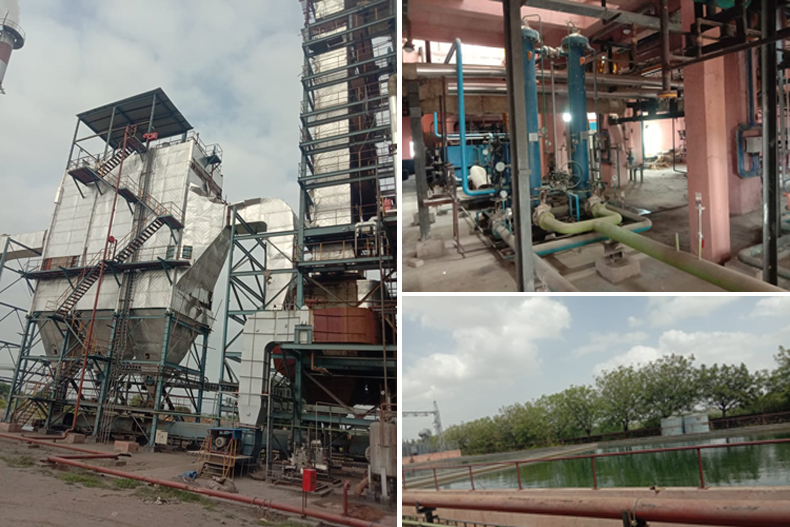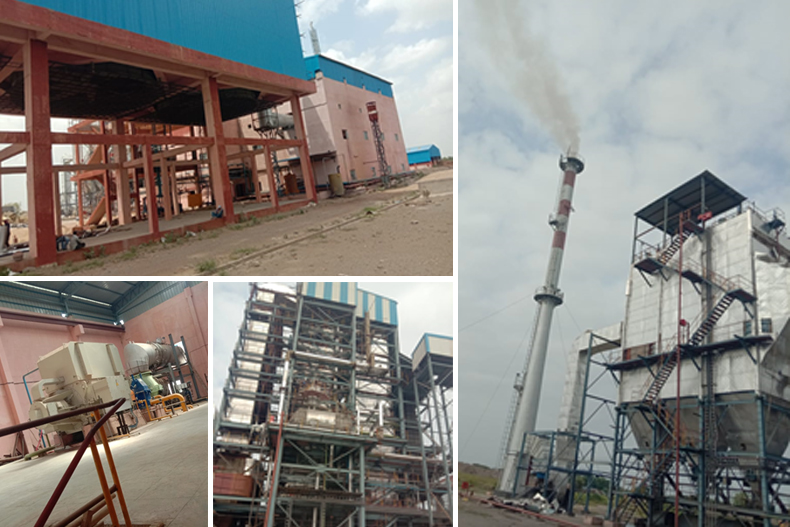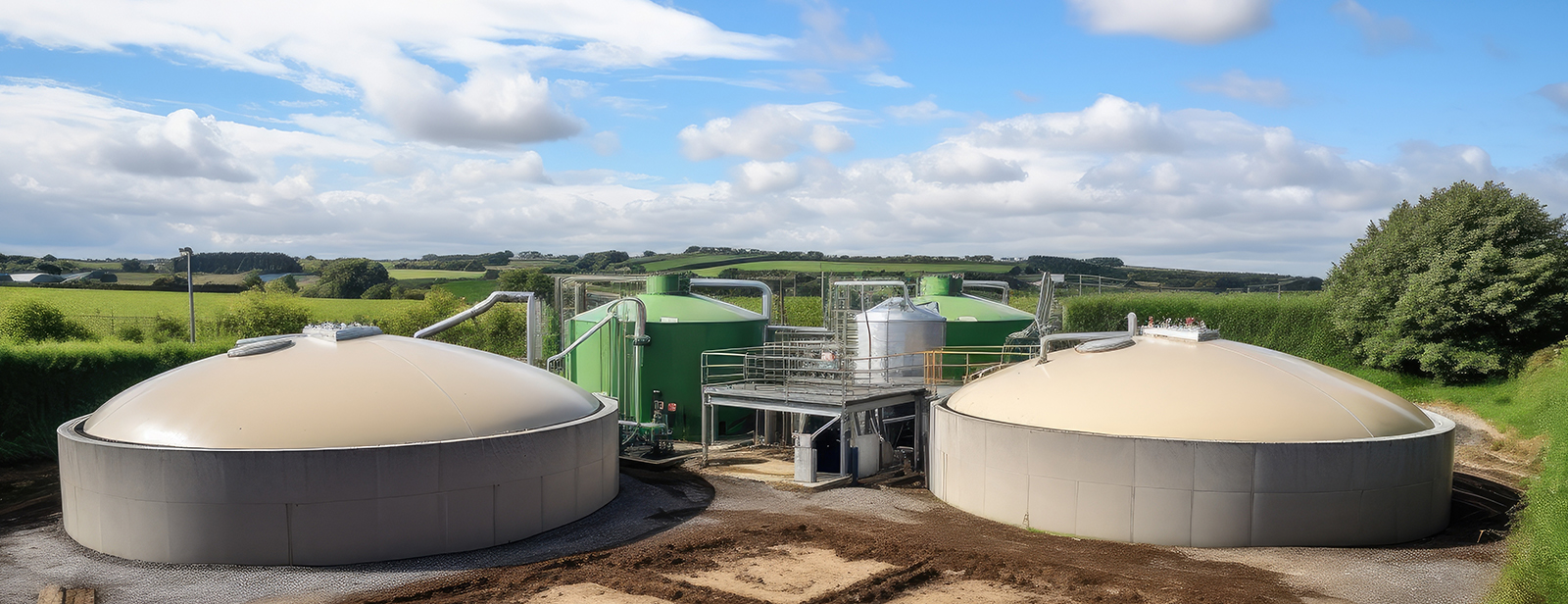Indeen BioPower Ltd was formed to mainly set up Biomass Power Plants. The Company initially planned to set up two Biomass Power Plants in Rajasthan. The Company received the relevant permissions from RREC (Rajasthan Renewable Corporation Ltd) for setting up a 8 MW Air Cooled Biomass Power Plant in District Tonk, Tehsil Devli. An approximate 50- acre plot was taken on lease from the Government in Village Devli (Distt Tonk/ Tehsil Devli) to set up the Plant.

Subsequent to the above the Company signed a Power Purchase Agreement (PPA) with the Rajasthan Power Procurement Circle enabling the Biomass Power to be supplied to any of the Discoms in Rajasthan. The Company also received clearances from the Airport Authority of India for setting up a chimney / Environmental clearance as also Consent to Establish (NOC) was also obtained by the Company. The Company had also received permission from the Central Ground Water Board for its sinking of tube wells for its water requirements. Basically, all permissions were in place as was required for setting up the Plant. Attached is a list of clearances received by the Company.

The Company had also begun discussions with Dalkia International (through its Technical Consultants DSCL Energy Services Ltd) which was sold to Dalkia and renamed Dalkia India Pvt Ltd. Dalkia International was part of the EDF / Veolia Group of France. Dalkia was the world’s largest producer of Biomass Power and had a turnover of 50 billion Euros and were coming entering India for the first time. EDF was /is the largest Electricty supplier in Europe / Veolia was one of the largest Companies in the world for water treatment and transportation. The Company signed an EPC and O&M Agreement with Dalkia to build and operate the Biomass Power Plant. Discussions were also held with Dalkia to set up two/ three plants in the Country. Praefinium Partners a Private Equity company based in London and with offices in Singapore signed a Shareholders Agreement with the Company (after conducting a Due Diligence by Ernst &Young -EY) for taking a 25% stake at price of Rs 62/ per share. Dalkia too were in the process of taking Preference Shares in the Company and the process of amending the initial Shareholder’s Agreement was in process. Attached is a chart showing the proposed shareholding of the Company.
Dalkia and the Company had discussions with State Bank Of India Delhi for the Debt Portion of the Project. Dalkia through its rating (international ratings) (attached is a Dalkia letter which is self-explanatory) was standing guarantee for the repayments to SBI. The Company was set to receive non-recourse debt from the Bank. Enclosed is a copy of the DPR submitted to SBI which is self-explanatory.
The Construction of the Boundary Wall / Administrative Building/Approach Roads/ Security/ was complete (as discussed with Dalkia) all ‘Non-Power Work’ would be done by the Company to bring the Project Cost down. (Attached is a sort of a Company Profile made then which is self-explanatory).
The Dalkia Management in France got changed and the new management did not find India to be an emerging market and shut operations in India and moreover sold their Company.
The Company filed a suit with Dalkia based on the Arbitration Clause signed in their Agreement and won the claim.
After the exit of Dalkia the Company had discussions Thermax to build the plant on an EPC basis and run the plant through an O&M contract.
The prices of the Biomass suddenly went up (mainly through hoarding by traders) making the project unviable –the cost of ‘making electricity’ became higher than the selling price as signed in the PPA.
Mahesh Mansukhani was the Jt. Secretary of the Indian Biomass Power Association and he and other Office Bearers had discussions with Ministry of Power and MNRE (Ministry of New and Renewable Energy) which then formed a ‘Biomass Task Force’ through the CERC (Central Electricity Regulatory Commission). The outcome of this ‘Task Force’ was very favorable and the result was that Notifications were issued that the PPA prices were to be in two parts (a) variable costs (b) fixed costs. States were issued guidelines to conduct a survey of the Biomass in their state and fix the prices of biomass accordingly. The Biomass plants all became viable and worthy of doing.
